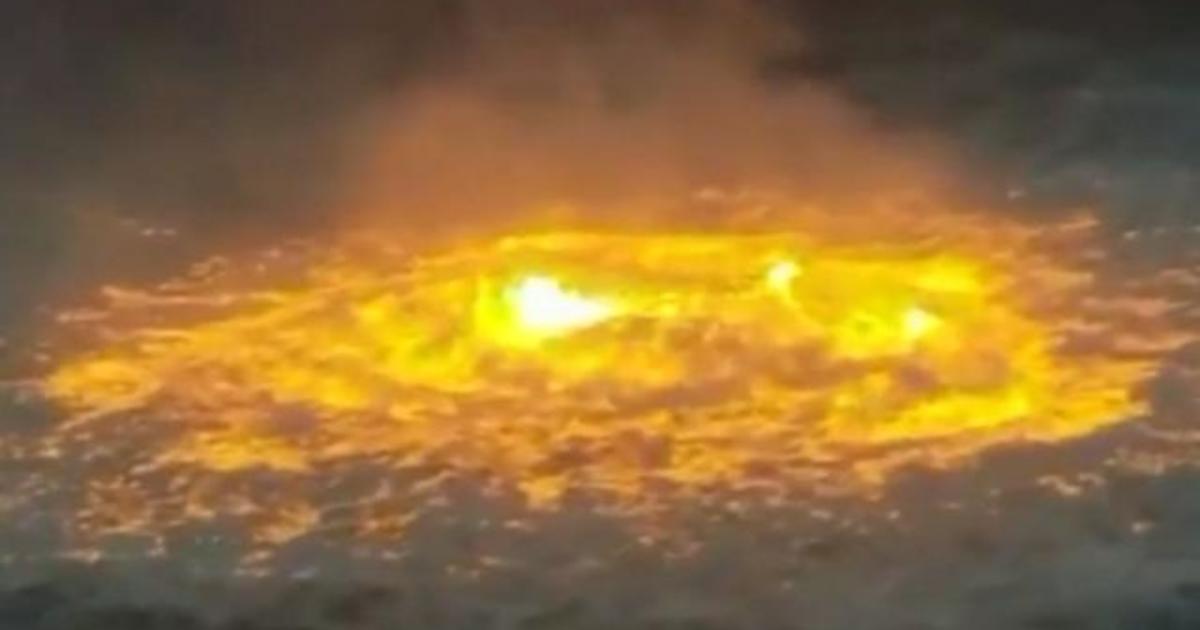

The planned well was to be drilled to 18,360 feet (5,600 m) below sea level, and was to be plugged and suspended for subsequent completion as a subsea producer. At the time of the explosion the rig was drilling an exploratory well. The platform commenced drilling in February 2010 at a water depth of approximately 5,000 feet (1,500 m). In March 2008, the mineral rights to drill for oil on the Macondo Prospect were purchased by BP at the Minerals Management Service's lease sale.

At the time of the explosion, the Deepwater Horizon was on Mississippi Canyon Block 252, referred to as the Macondo Prospect, in the United States sector of the Gulf of Mexico, about 41 miles (66 km) off the Louisiana coast.

It was owned by Transocean, operated under the Marshalese flag of convenience, and was under lease to BP until September 2013. The $560 million platform was built by Hyundai Heavy Industries in South Korea and completed in 2001. Press releases from Transocean state the platform had historically been used for deeper wells, including the deepest underwater gas and oil well. The platform was 396 feet (121 m) long and 256 feet (78 m) wide and could operate in waters up to 8,000 feet (2,400 m) deep, to a maximum drill depth of 30,000 feet (9,100 m). It is a similar to, but smaller than, a charge that was made against Wells Fargo, which paid billions in fines after it was determined that the San Francisco bank opened millions of unauthorized bank accounts in order to meet unrealistic sales goals.Class=notpageimage| Location of the Deepwater Horizon on April 20, 2010ĭeepwater Horizon was a floating semi-submersible drilling unit - a fifth-generation, ultra-deepwater, dynamically positioned, column-stabilized drilling rig owned by Transocean and built in South Korea. The CFPB also found that, since at least 2012, Bank of America employees illegally applied for and enrolled consumers in credit card accounts without their knowledge or authorization. The bank said that it voluntarily reduced overdraft fees and eliminated all non-sufficient fund fees in the first half of last year.īank of America also offered people cash rewards and bonus points when signing up for a card, but the CFPB said the bank illegally withheld promised credit card account bonuses. Brian Moynihan, the bank’s CEO and chairman, told The Associated Press in 2022 that under these new policies, overdraft fee income was down 90% from 2021. The bank ended this practice last year, but will still have to repay customers who got charged before the policy was changed.īofA has been cutting down on its reliance on overdraft fee revenue for more than a decade, and cut how much it charges customers for an overdraft to $15 last year. The business, who hasn’t been paid, often would recharge the customer’s account, resulting in another $35 non-sufficient funds fee. If a customer had too low of a balance to cover the transaction, it would be declined and BofA would charge the customer a $35 fee. The fees often came when customers had routine monthly transactions, like a gym membership. The agency determined that the bank double-dipped by allowing fees to be repeatedly charged for the same transaction. Part of the fines and penalties come because Bank of America had a policy of charging customers $35 after the bank declined a transaction because the customer did not have enough funds in their account, the CFPB said. Banks such as BofA, JPMorgan Chase, Wells Fargo and others have been a target for the bureau under the Biden administration. “These practices are illegal and undermine customer trust.”Įmpowered by a broad mandate from the White House, Chopra and the bureau have focused heavily in the past year on the issue of “ junk fees ” - fees charged to Americans that are often seen as unnecessary or exploitative by banks, debt collectors, airlines and concert venues. “Bank of America wrongfully withheld credit card rewards, double-dipped on fees, and opened accounts without consent,” said CFPB Director Rohit Chopra, in a statement. NEW YORK (AP) - Bank of America will reimburse customers more than $100 million and pay $150 million in fines for “double-dipping” on overdraft fees, withholding reward bonuses on credit cards and opening accounts without customer consent.Ĭombined, it is one of the highest financial penalties in years against Bank of America, which has largely spent the last 15 years trying to clean up its reputation and market itself to the public as a bank focused on financial health and not on overdraft fee income and financial trickery.īofA must refund $100 million to customers, pay $90 million in penalties to the Consumer Financial Protection Bureau and $60 million to the Office of the Comptroller of the Currency.


 0 kommentar(er)
0 kommentar(er)
